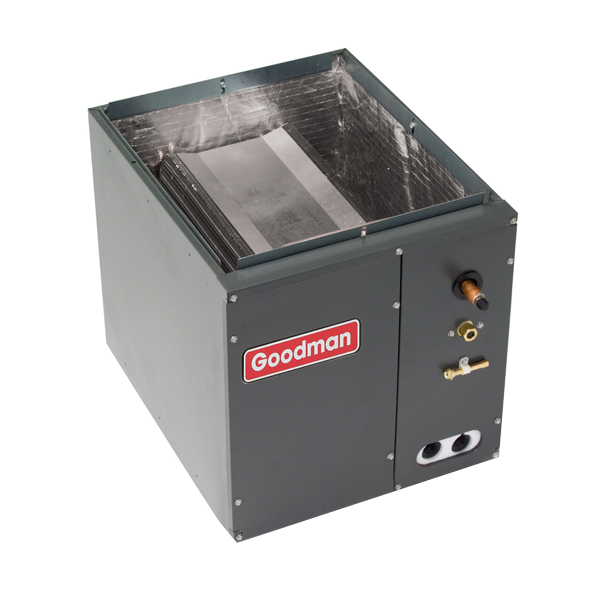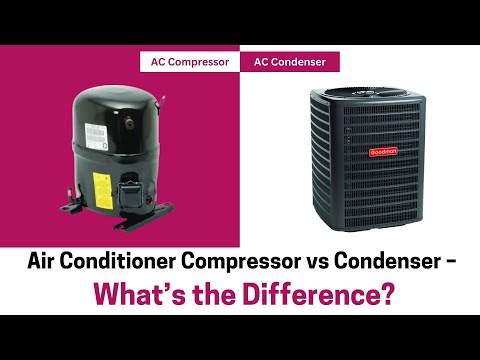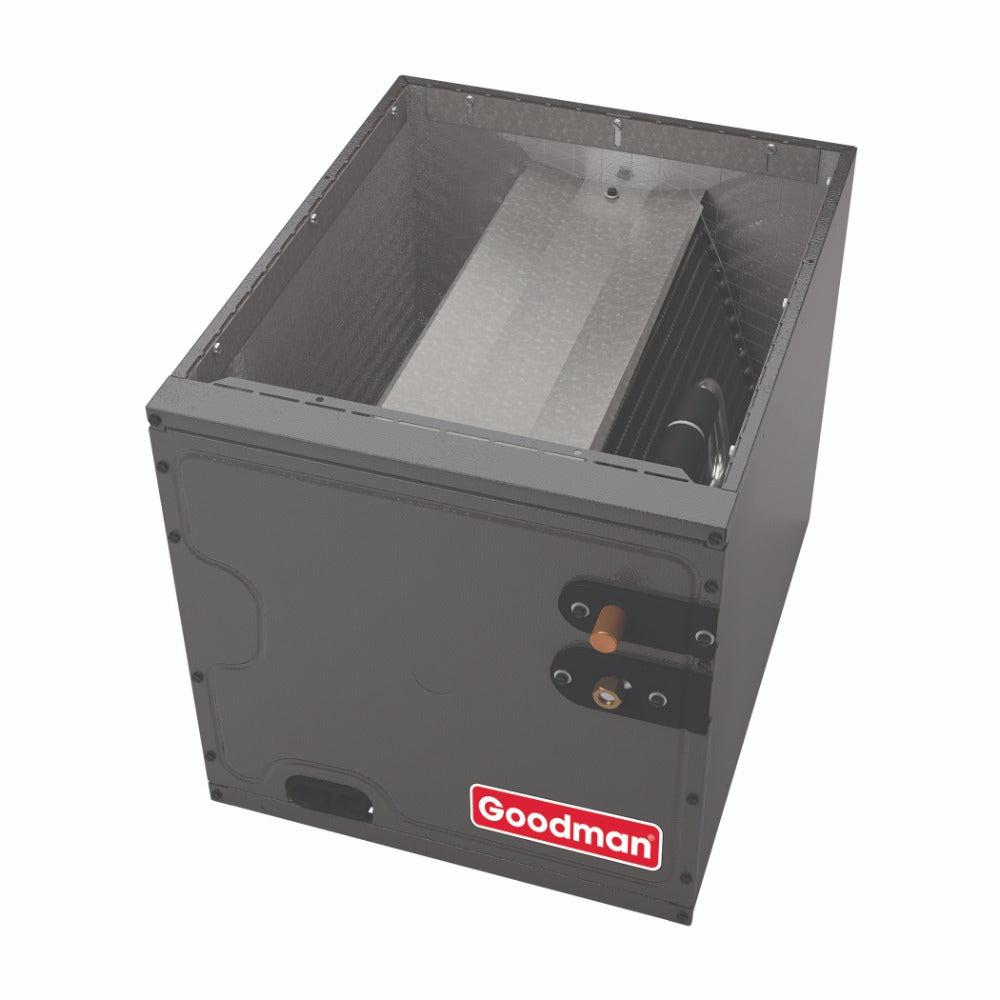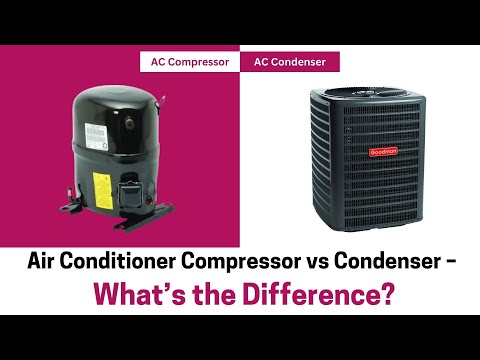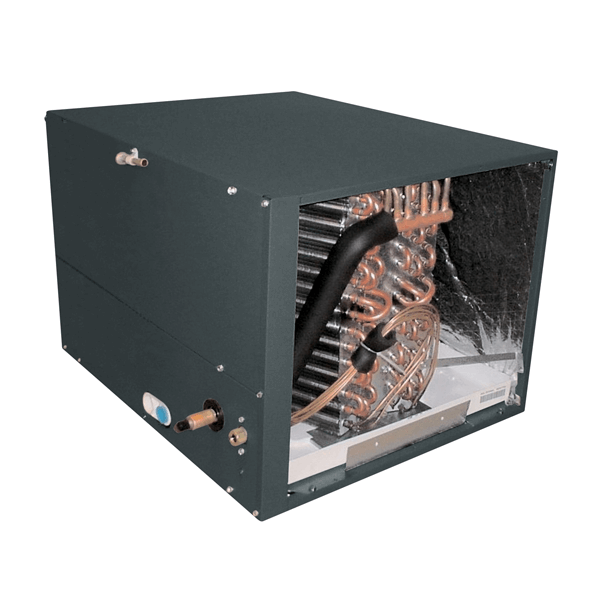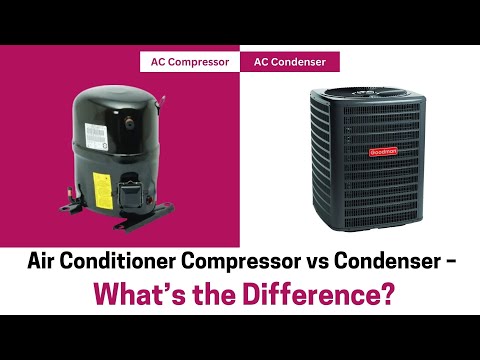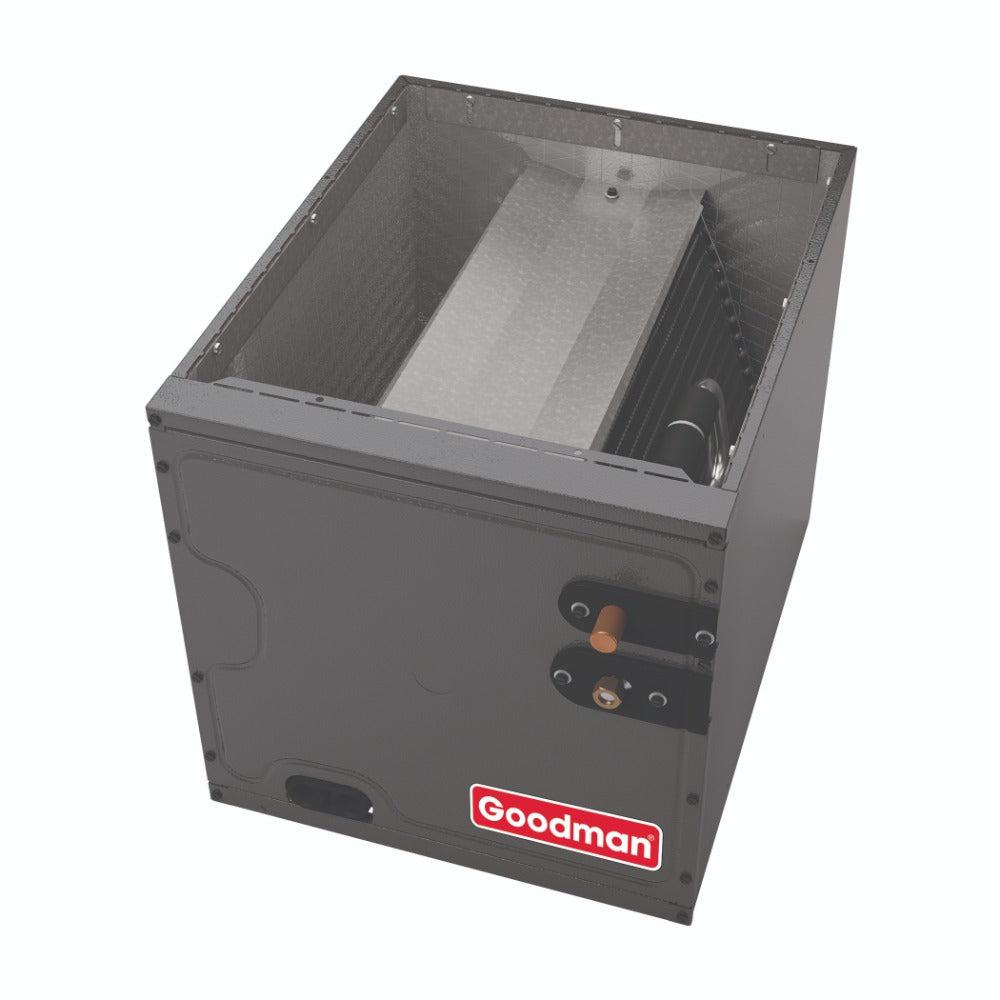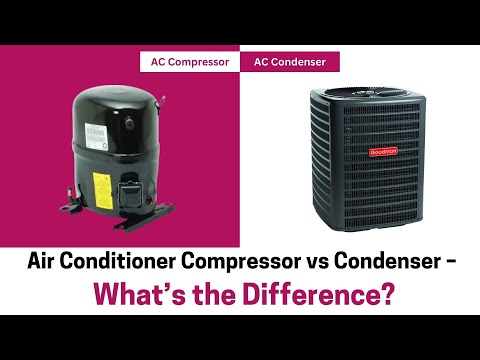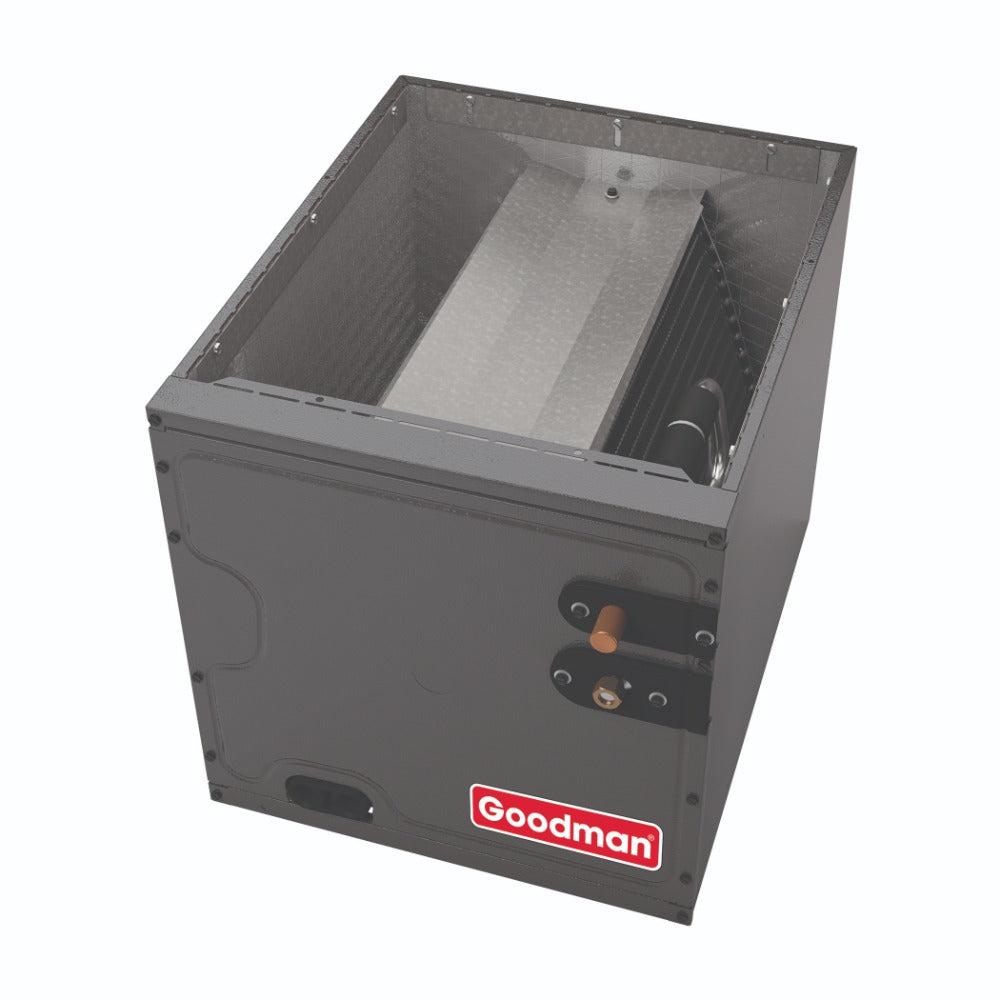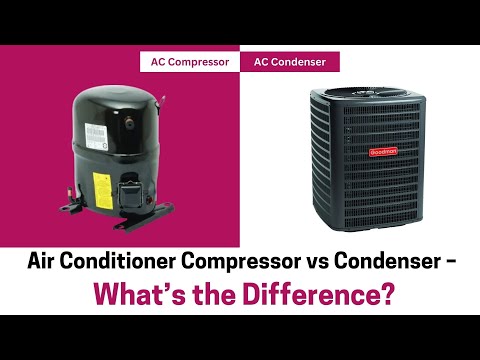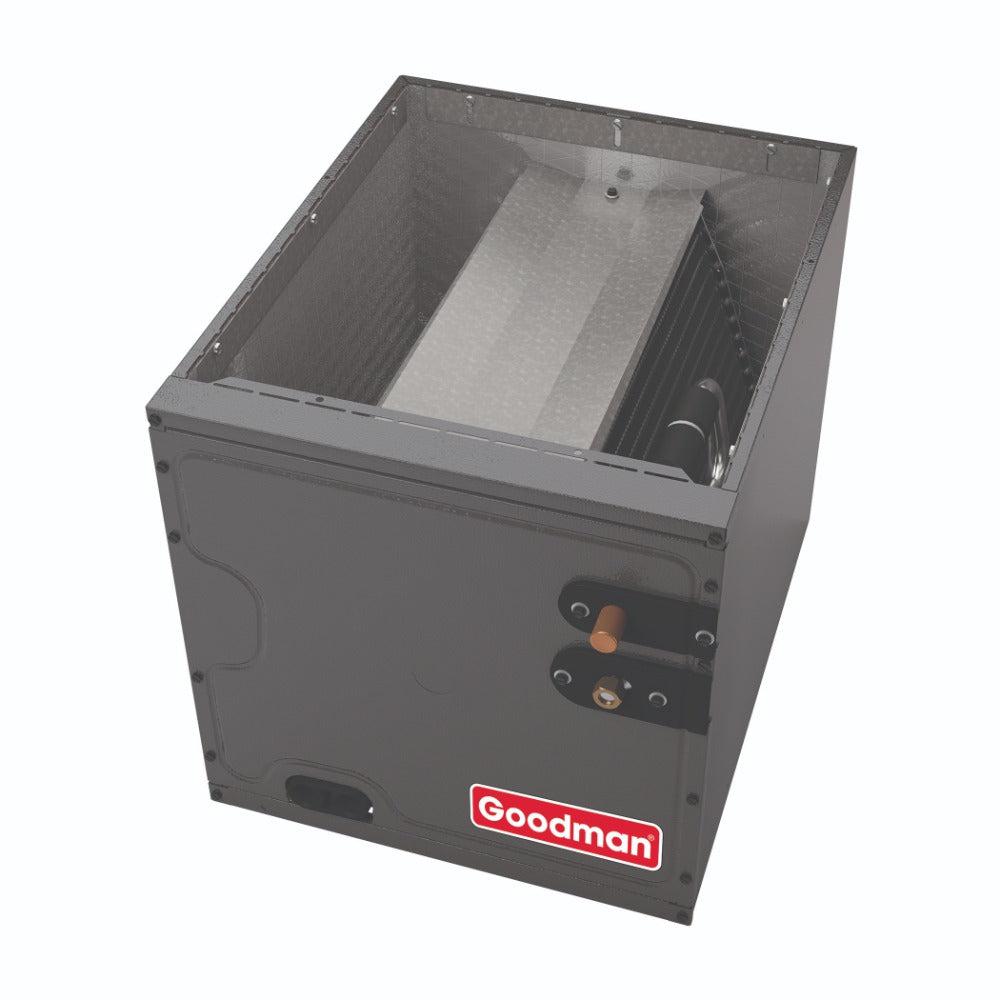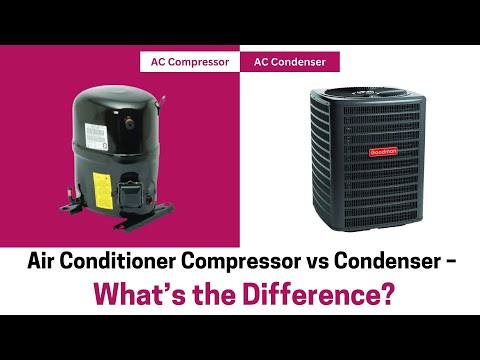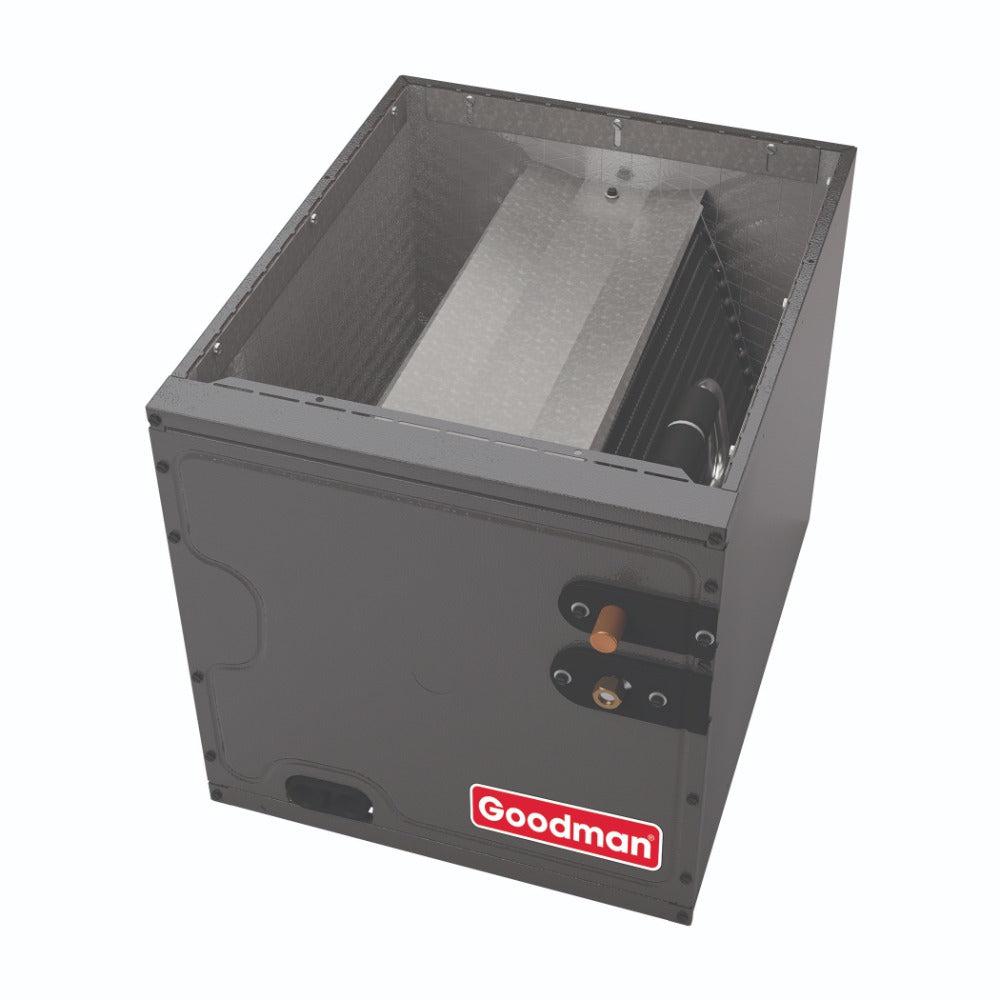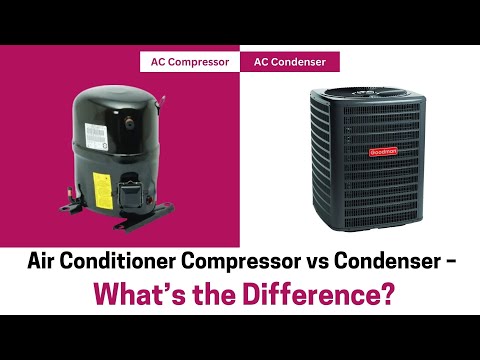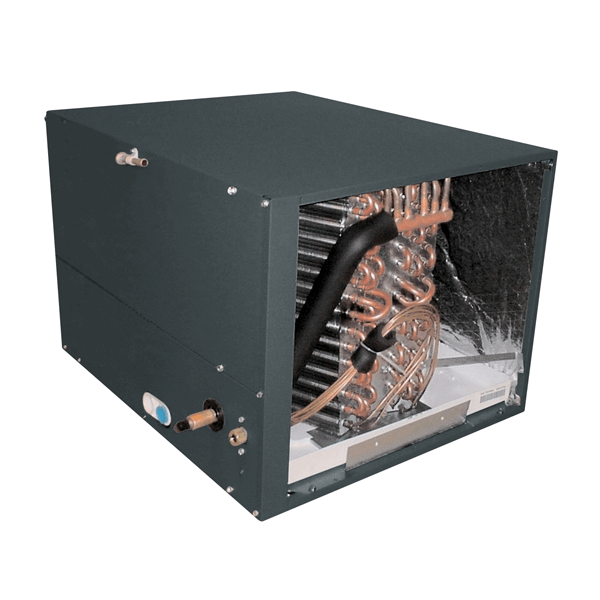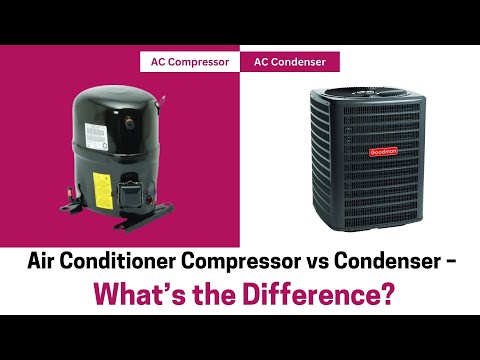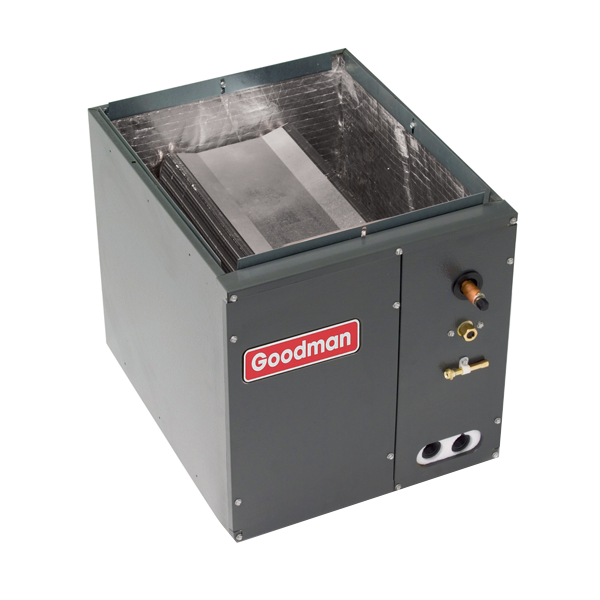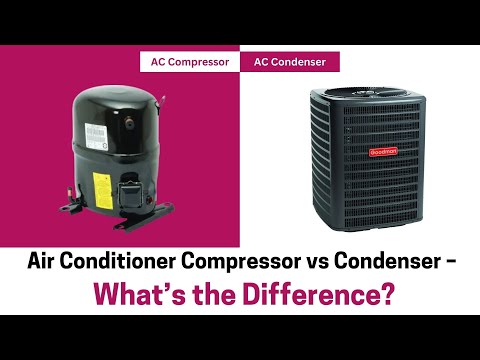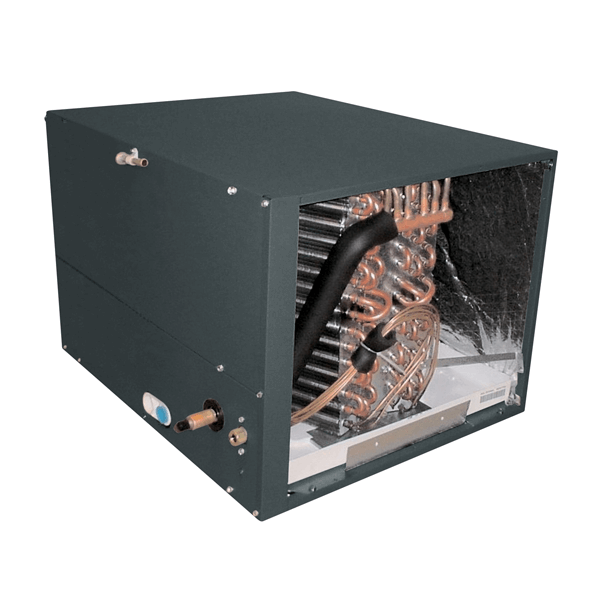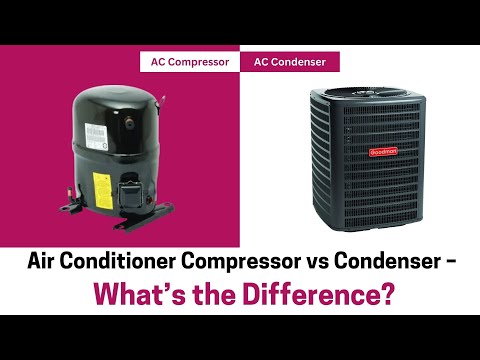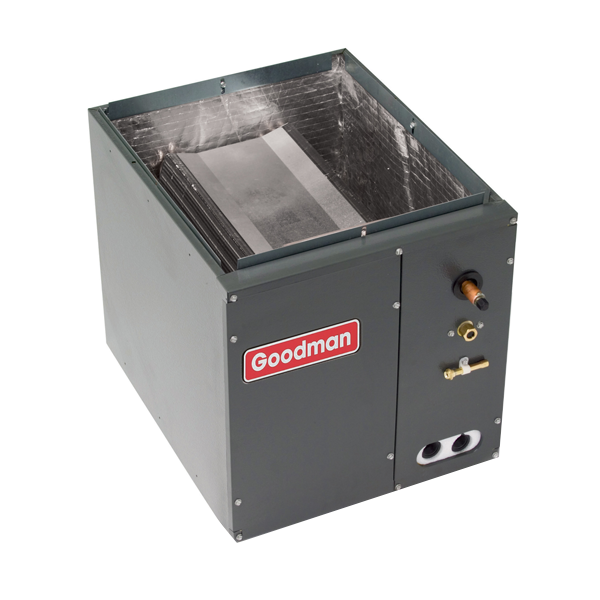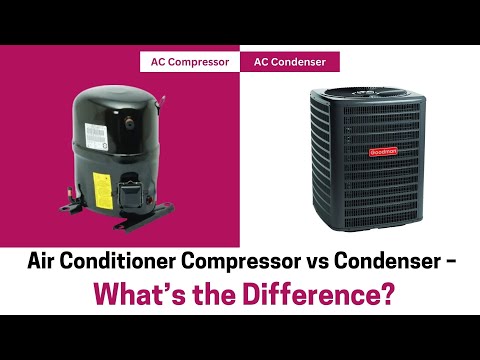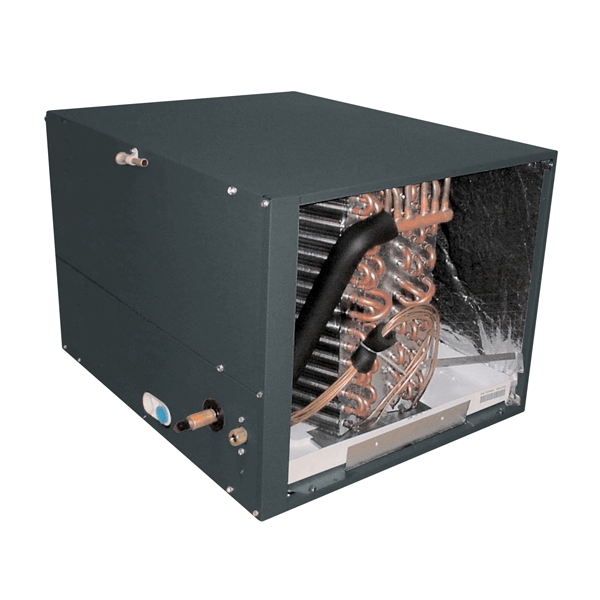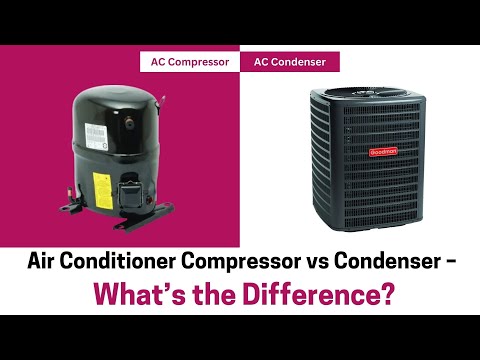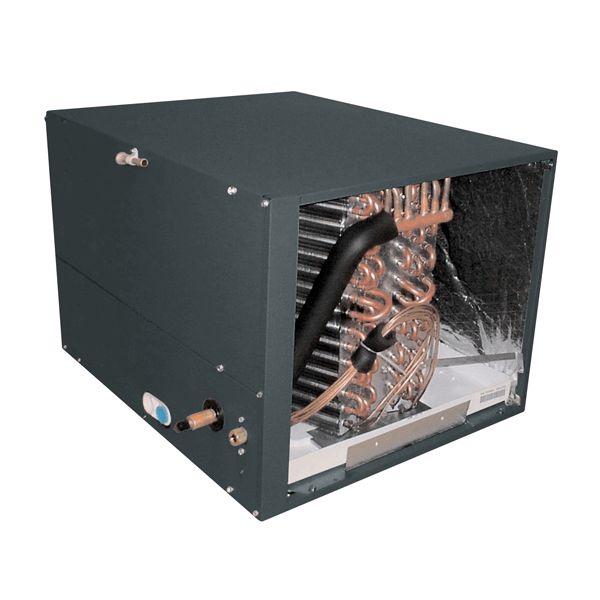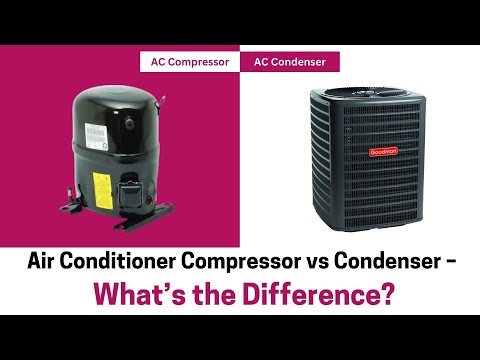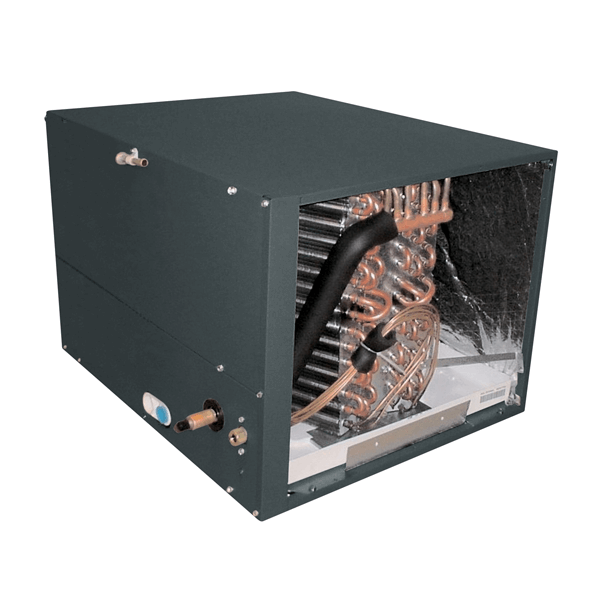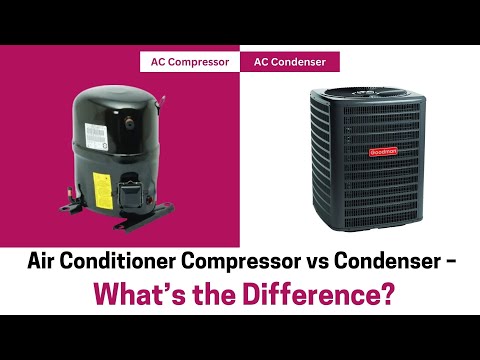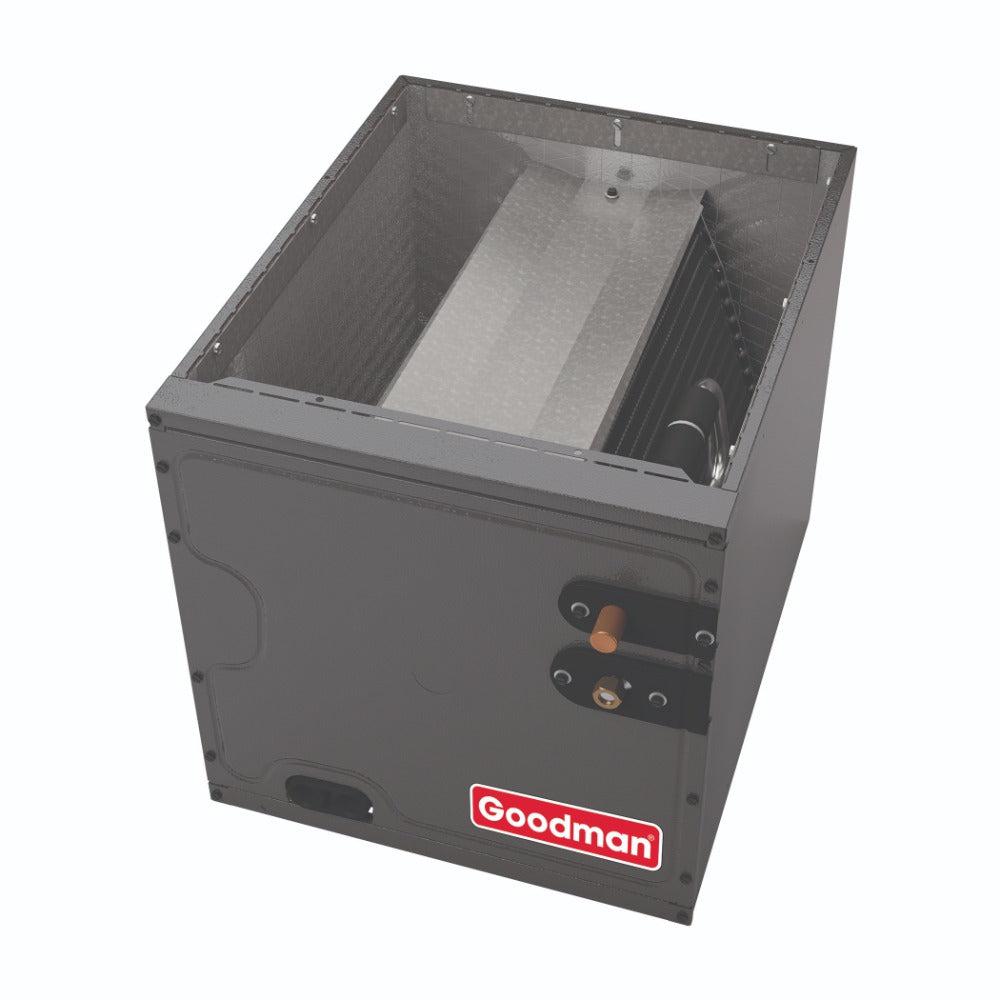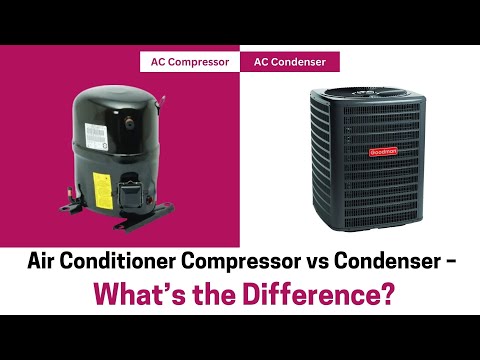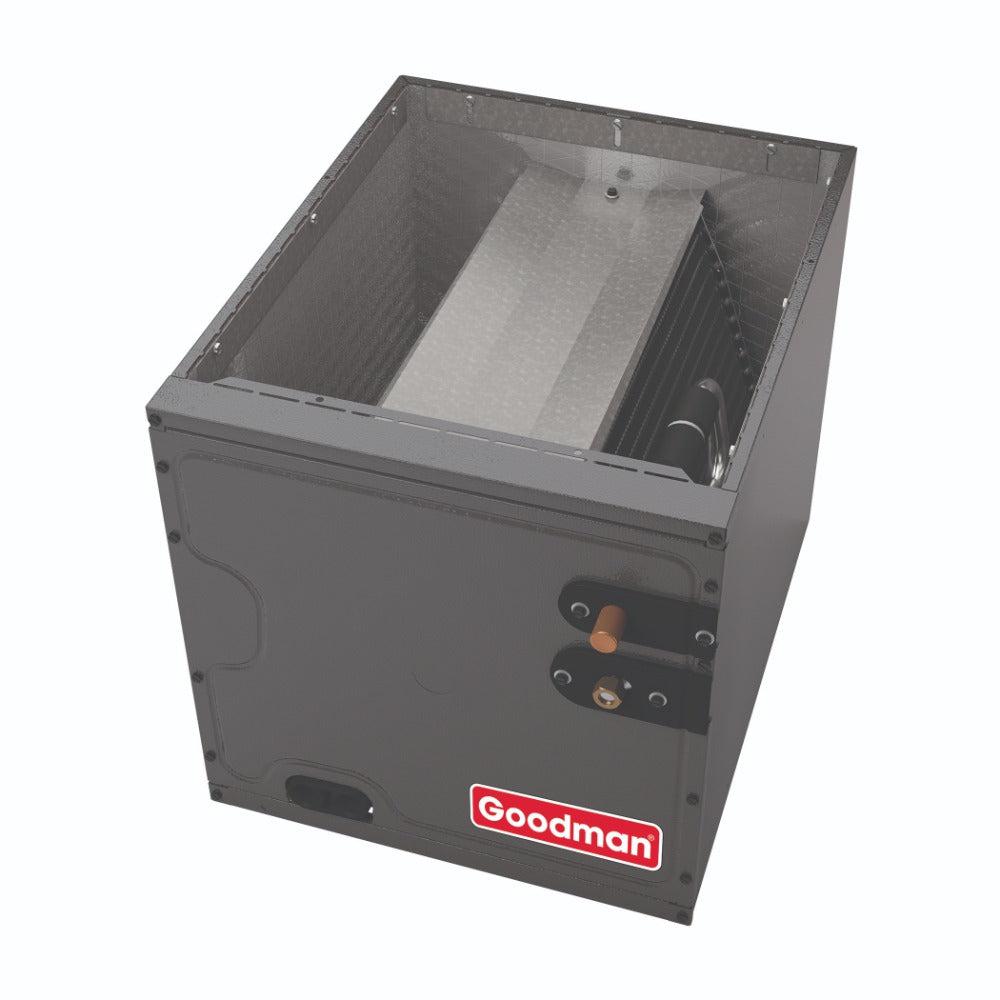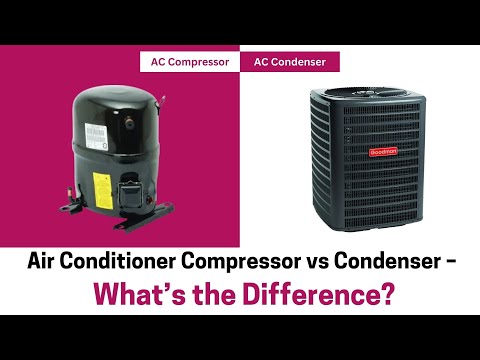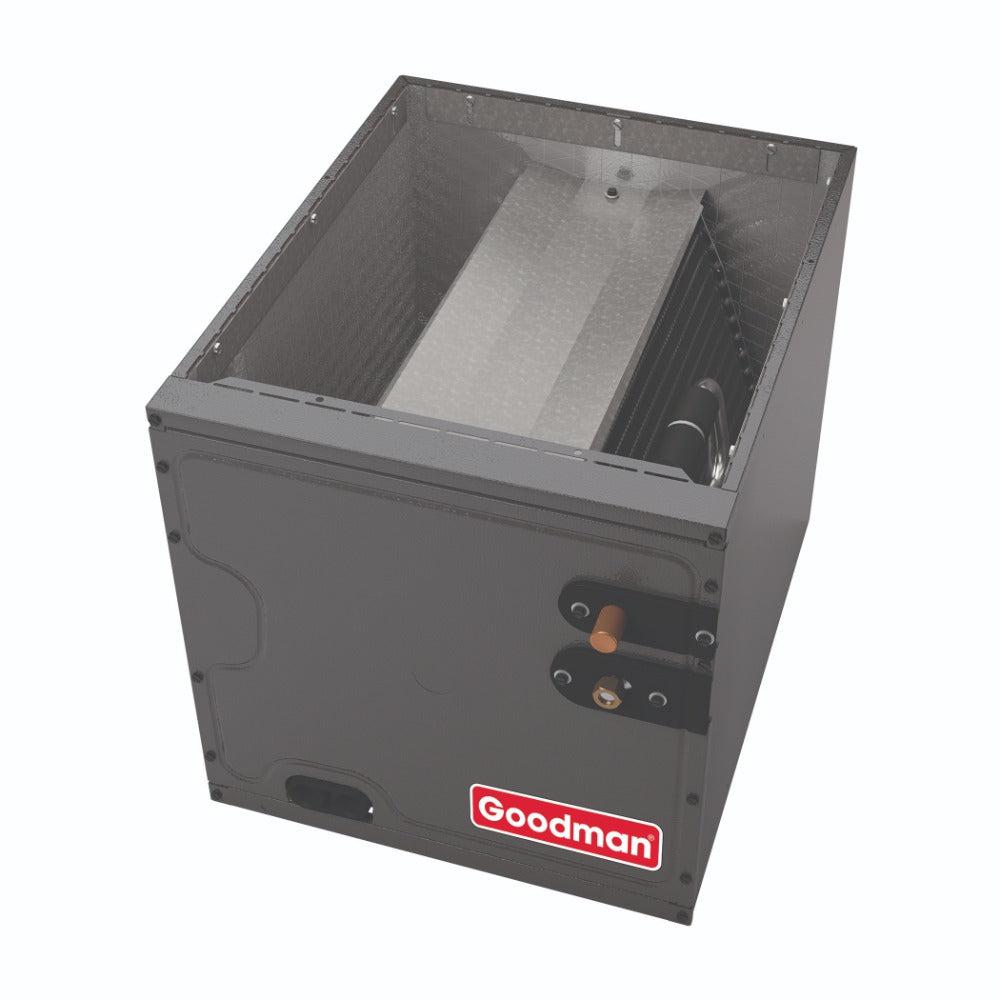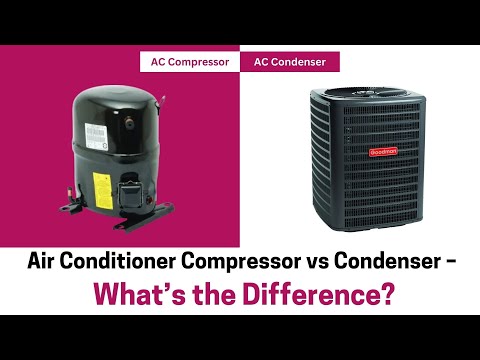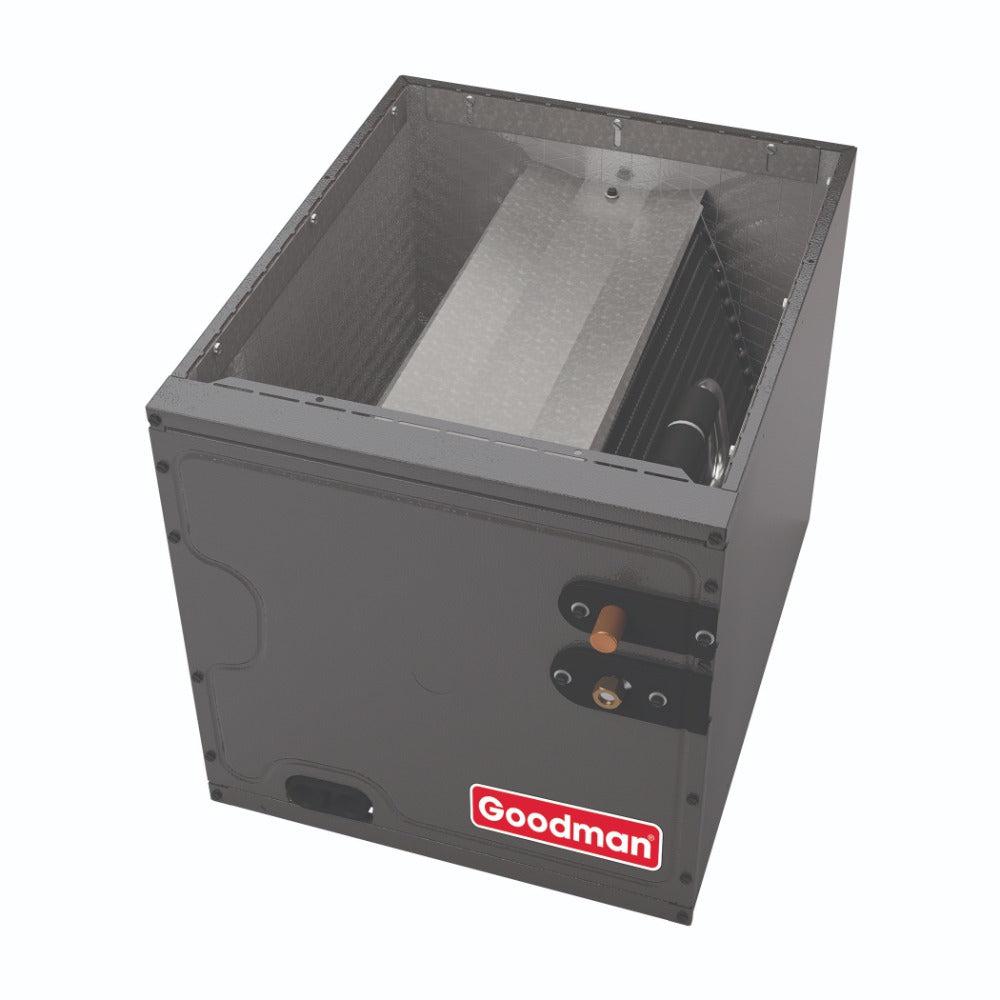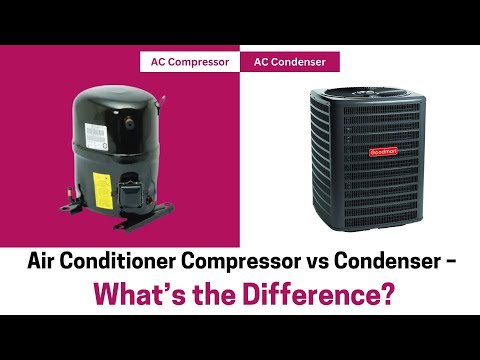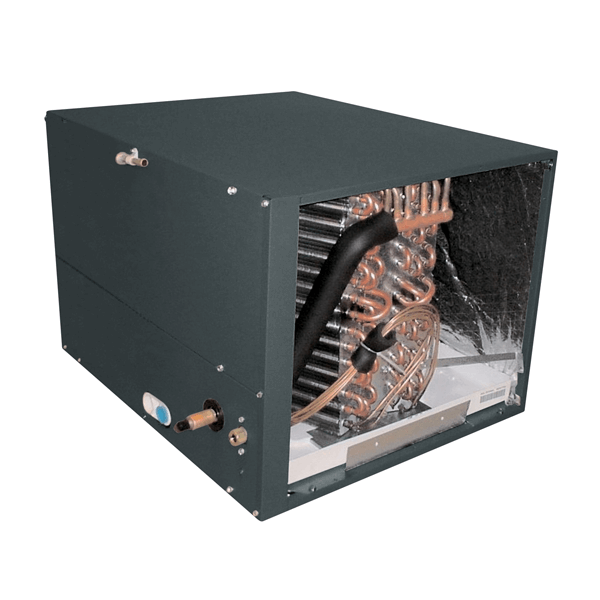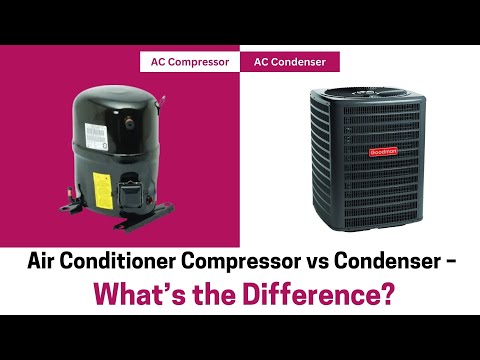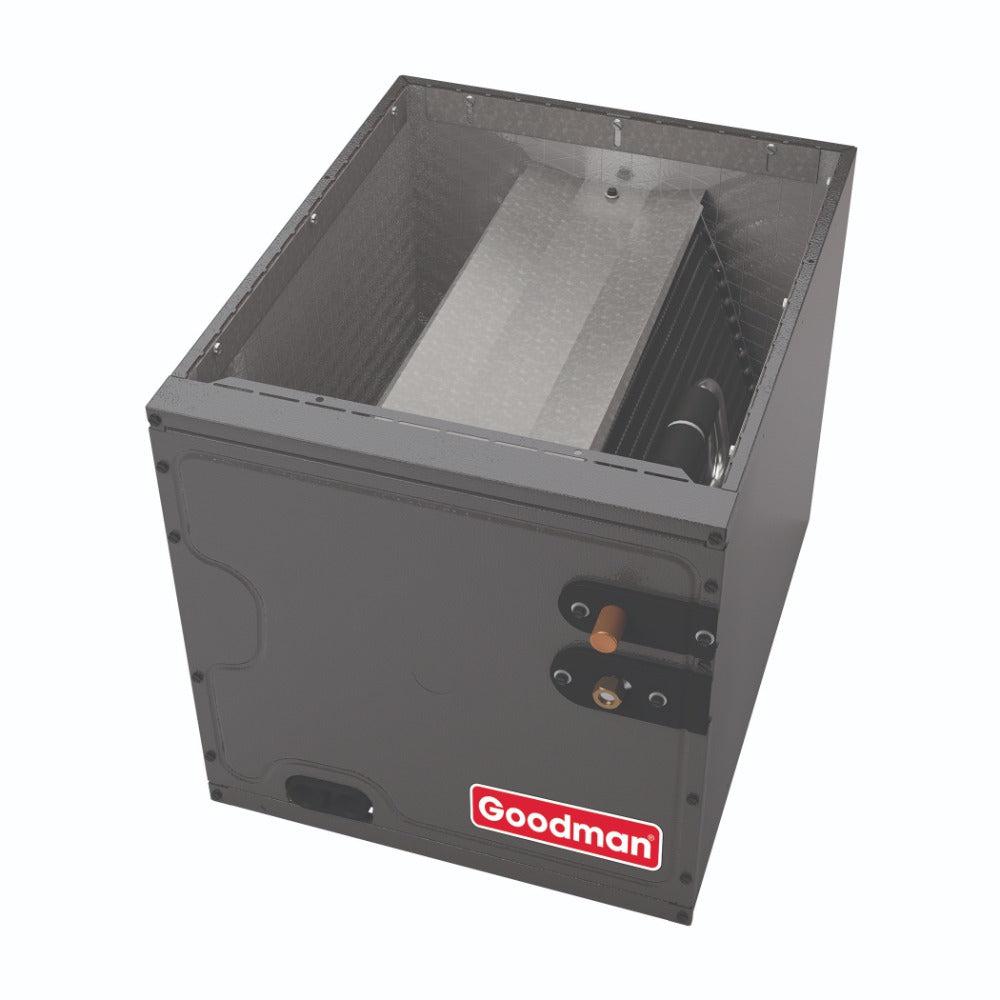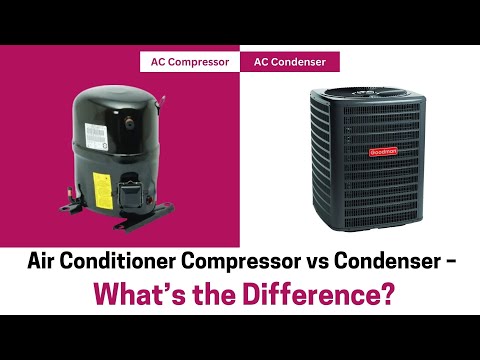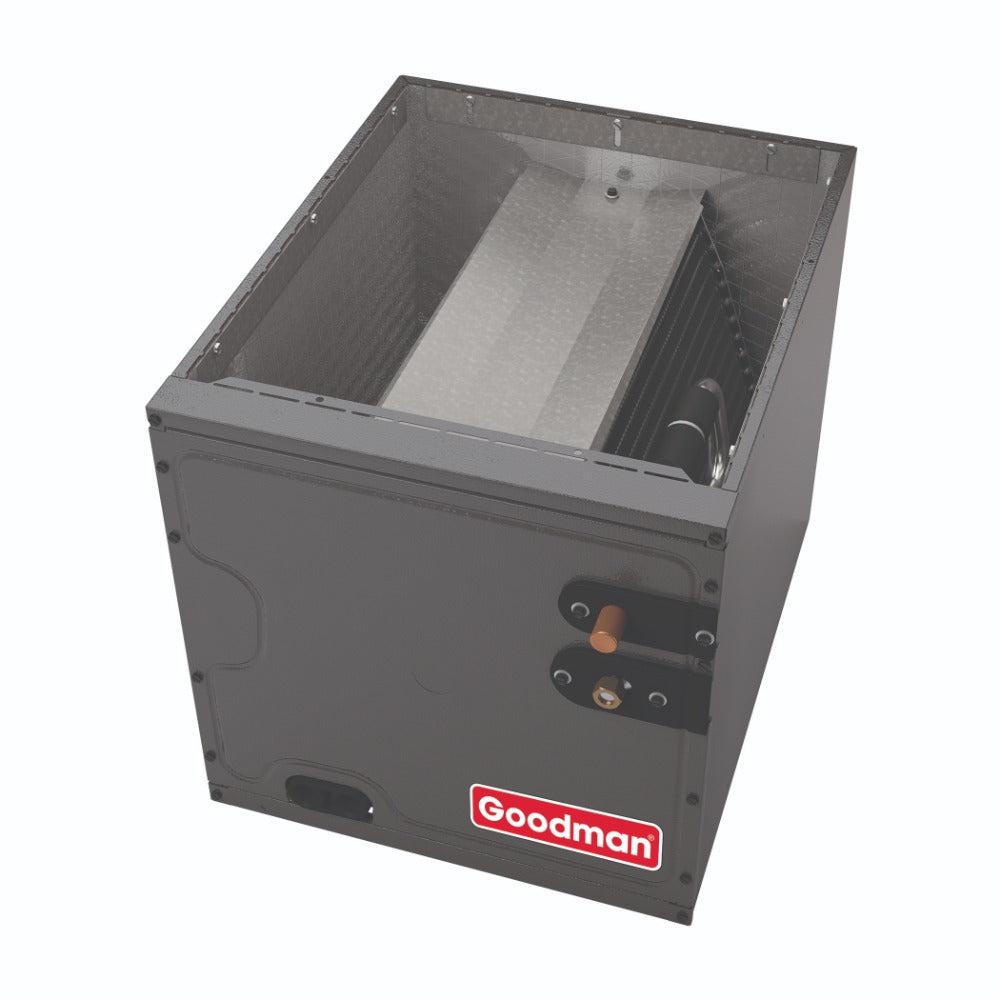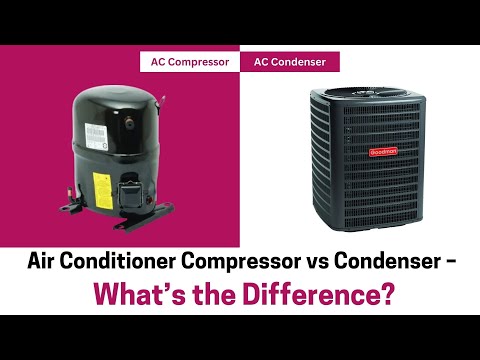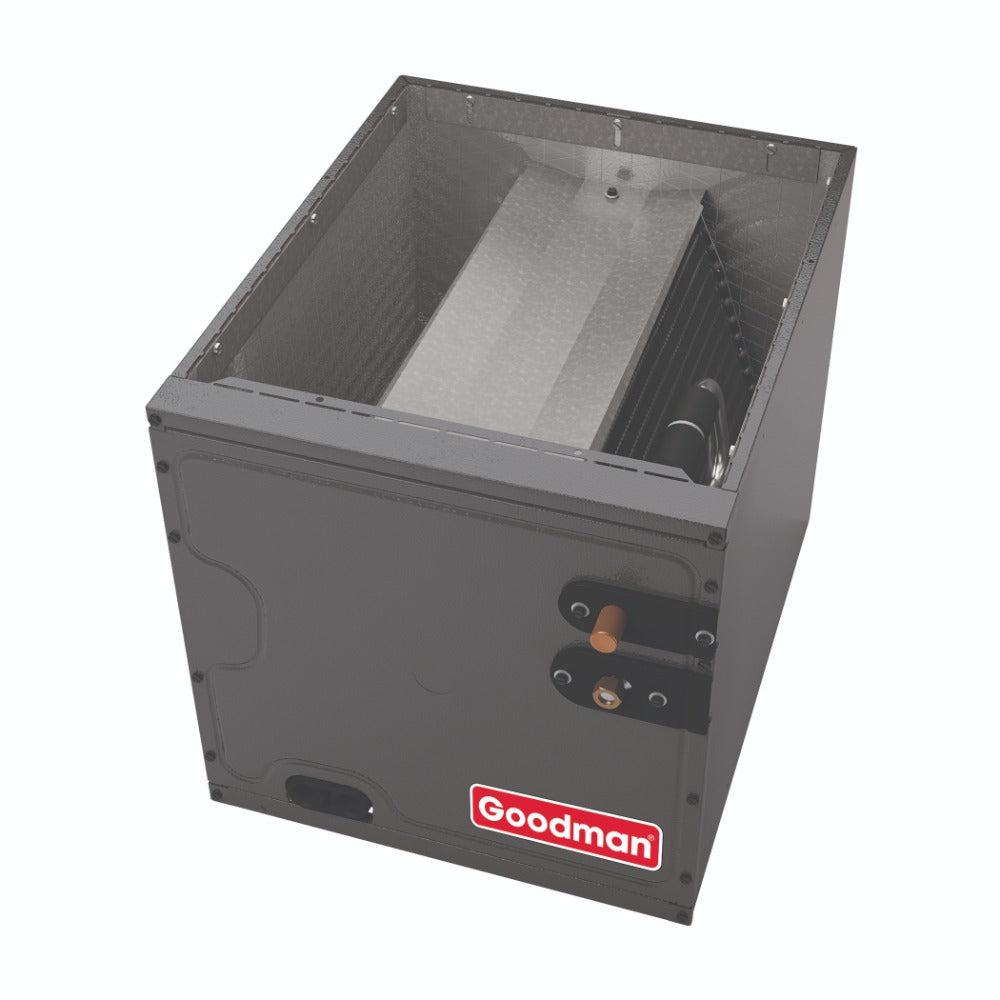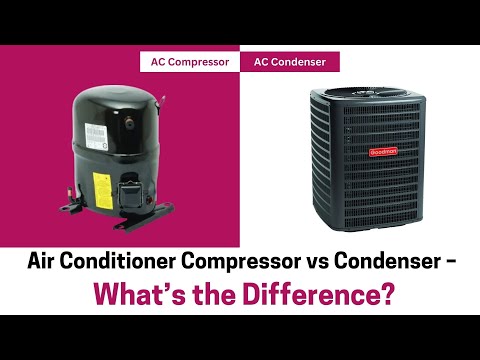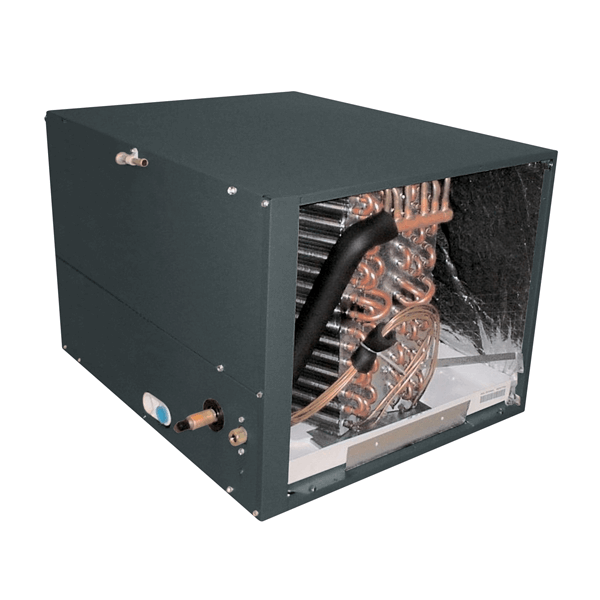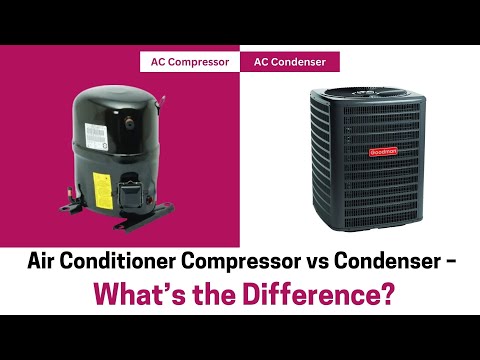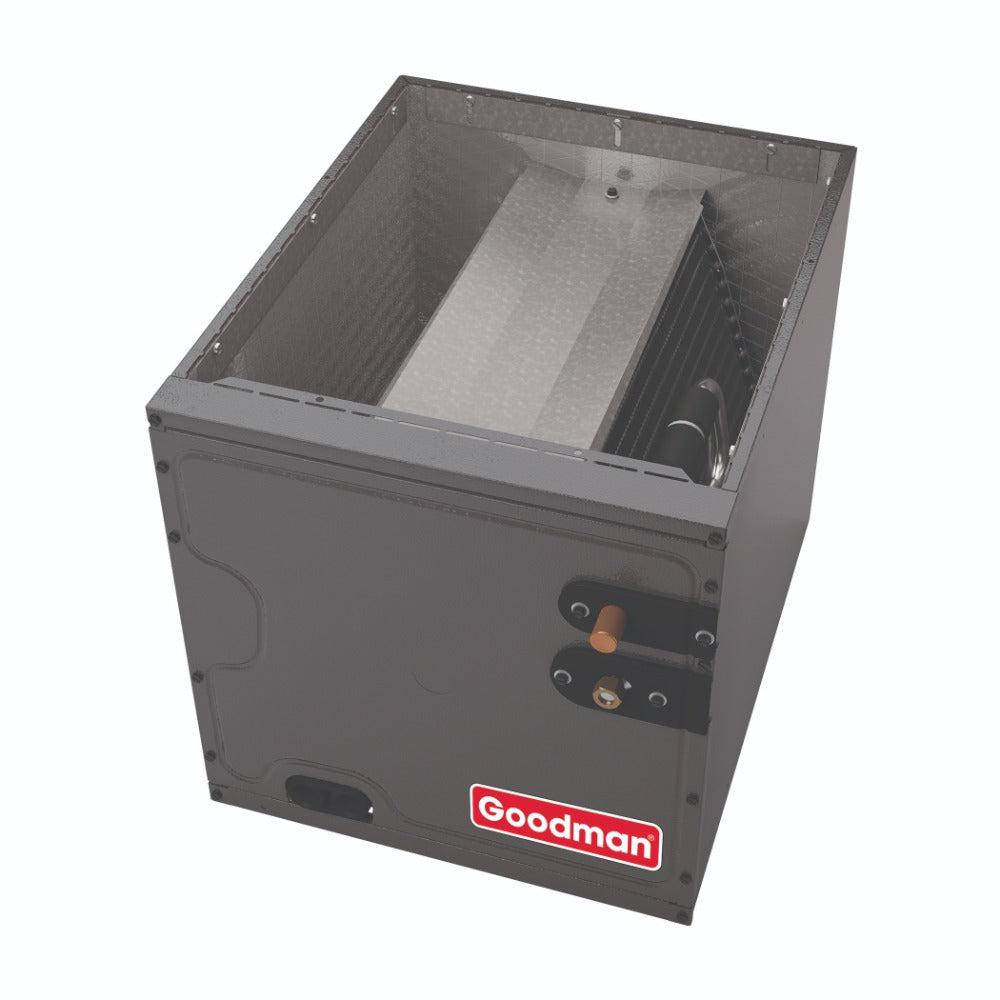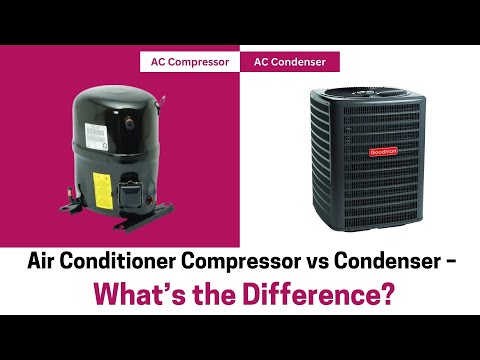Best Evaporator Coils
32 products
Showing 1 - 24 of 32 products
Understanding Evaporator Coils: A Comprehensive Guide
An evaporator coil is an essential component of an HVAC system, responsible for the cooling process in air conditioners and heat pumps. Located indoors, usually within or near the air handler or furnace, the evaporator coil works alongside the outdoor condenser unit to transfer heat and provide cooled air to the indoor space. Evaporator coils play a critical role in air conditioning and heat pump systems, ensuring that homes and commercial spaces remain comfortable during hot weather.
How Evaporator Coils Work
The evaporator coil contains cold refrigerant that absorbs heat from the indoor air as it passes over the coil’s surface. Here’s a step-by-step look at how the evaporator coil functions:
-
Refrigerant Flow: Refrigerant, in a low-pressure, liquid state, flows into the evaporator coil through a metering device. This refrigerant is typically a specialized fluid that absorbs heat as it evaporates.
-
Heat Absorption: Warm air from the indoor space is blown over the evaporator coil by the HVAC system’s blower. As the air passes over the coil, the refrigerant inside absorbs the heat from the air. This causes the refrigerant to evaporate, turning into a gas while cooling the surrounding air.
-
Cooled Air Circulation: After the refrigerant absorbs the heat, the cooled air is circulated back into the living or working space, lowering the indoor temperature to the desired setting.
-
Refrigerant Flow to the Condenser: The refrigerant, now in a gas state, carries the absorbed heat to the outdoor condenser unit, where the heat is released into the outside air. The refrigerant is then cooled and cycled back to the evaporator coil to repeat the process.
The evaporator coil is a crucial part of this heat exchange process, enabling the system to continuously cool the air and maintain a comfortable indoor environment.
Types of Evaporator Coils
There are two main types of evaporator coils used in residential and commercial HVAC systems:
-
A-Coils: Shaped like the letter "A," these coils are commonly used in upright furnace installations. A-coils are housed in a slanted position within the air handler or furnace, allowing air to pass efficiently over both sides of the coil. This design improves heat transfer and helps maximize system efficiency.
-
Slab Coils: These are flat and rectangular coils, often used in horizontal installations where space is limited. Slab coils are typically found in attic or crawlspace installations and are designed for compact, efficient cooling.
-
Cased vs. Uncased Coils: Evaporator coils may come in cased or uncased varieties. Cased coils are enclosed in a protective metal housing that helps with installation and protects the coil from damage. Uncased coils, on the other hand, are bare and often customized for specific installations.
Importance of Proper Maintenance
Maintaining the evaporator coil is essential for the efficiency and longevity of the HVAC system. Over time, dirt, dust, and debris can accumulate on the coil’s surface, reducing its ability to absorb heat and decreasing the system’s overall efficiency. Regular cleaning and maintenance ensure that the coil functions properly, which helps prevent system malfunctions and reduces energy consumption.
A clogged or dirty evaporator coil can lead to several issues, such as:
- Reduced Cooling Efficiency: A dirty coil has difficulty absorbing heat, leading to less efficient cooling and higher energy bills.
- Frozen Coils: When the coil is unable to absorb enough heat, it may freeze, causing the system to stop functioning until the ice is removed.
- Shortened Equipment Lifespan: Poorly maintained coils force the HVAC system to work harder, which can reduce the lifespan of the equipment.
Benefits of High-Quality Evaporator Coils
-
Energy Efficiency: High-quality evaporator coils with advanced designs and materials enhance heat transfer, leading to greater energy efficiency and lower utility bills.
-
Improved Indoor Comfort: Efficient evaporator coils cool indoor air more effectively, maintaining consistent temperatures and humidity levels for improved comfort.
-
Durability: Modern evaporator coils are often made with corrosion-resistant materials such as aluminum or copper, ensuring long-term durability and performance even in humid conditions.
Conclusion
The evaporator coil is a vital component of any HVAC system, responsible for cooling and dehumidifying the indoor air. By absorbing heat from the indoor environment and facilitating the heat exchange process, the evaporator coil ensures that homes and businesses remain cool and comfortable. Proper maintenance and regular cleaning are key to maximizing the efficiency and longevity of the evaporator coil, preventing issues such as reduced performance or frozen coils. High-quality evaporator coils offer energy efficiency, improved comfort, and long-lasting reliability, making them an essential part of an effective cooling system.
